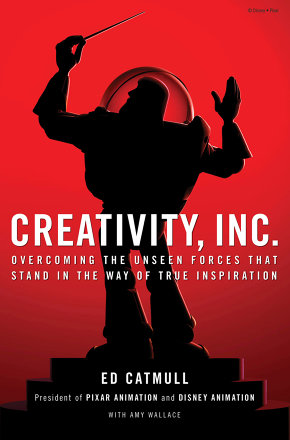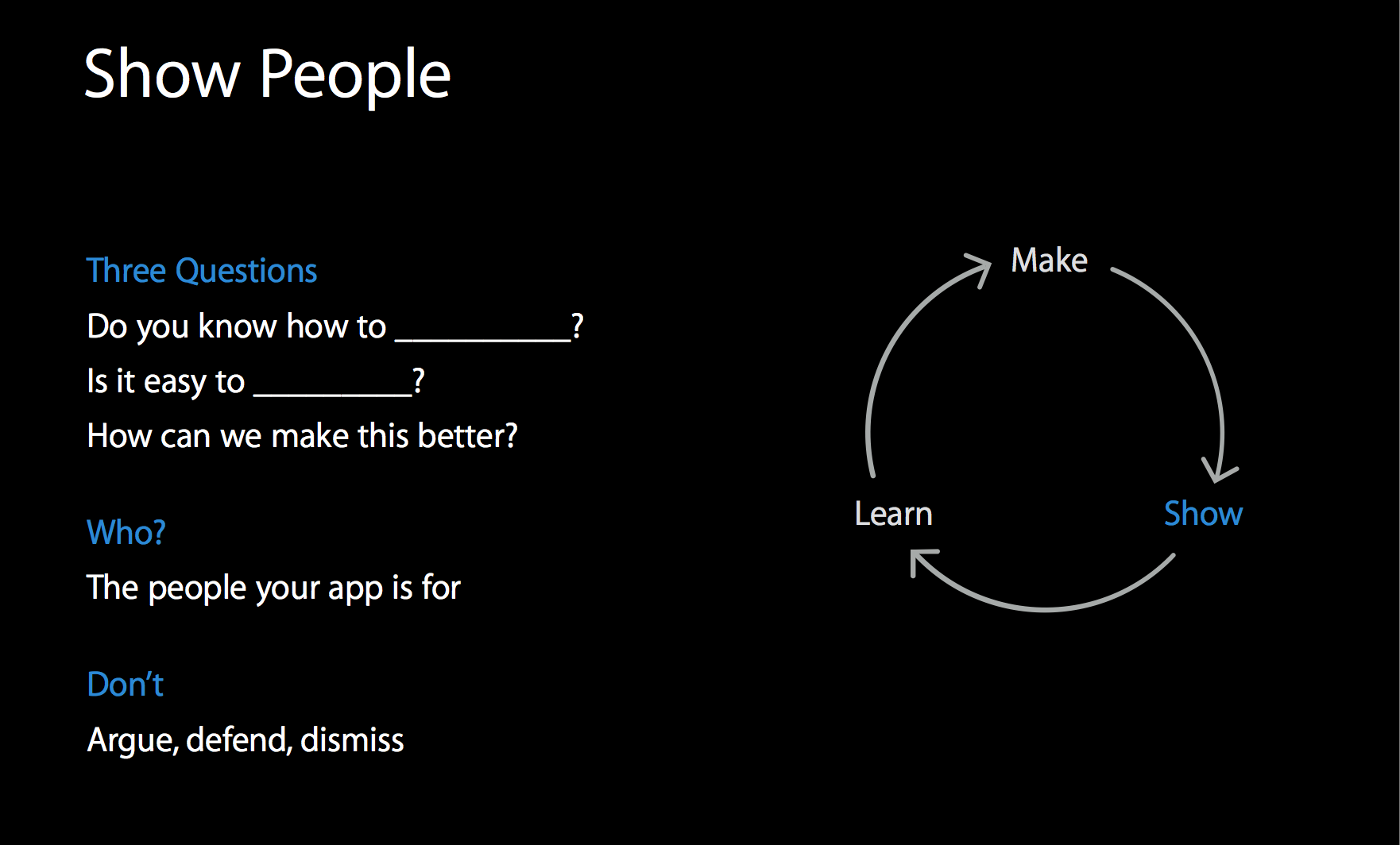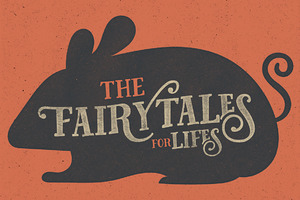Feedback is an invaluable tool to grow your career. A single thoughtful review, at the right point in time, can be the difference between success and failure. Listening to a second, third or fourth opinion about your work will only enrich it, opening the door for interesting new perspectives. Why, then, are some of us so reluctant to seek feedback? Why are we so scared of finding out what others truly think?
It all comes down to our natural fear of rejection: we are biologically wired with a longing to belong. Deep inside, we also want to convince ourselves that others have no “right” to criticize our work because they weren’t there when we were building up to it. They didn’t hold our hand during those tedious all-nighters, or serve hot coffee when creative blocks struck. Unfair, right? Wrong. As an author, I’ve experienced what it feels like to have your work (literally) shredded by someone who has no idea about your process. I can tell you, in all certainty, that it’s one of the best things to ever happen to my career. Throughout this article, I will share how feedback can change your work and, in doing so, your life.
Lies That We’ve Believed about Feedback
We’ve grown up believing that feedback is a form of validation. As kids, we constantly looked up to our parents for approval on our actions and to teachers for evaluations on our performance in school. It is no surprise, then, that as adults we resent those moments when others get to judge the quality of our work. In the workplace, managers and bosses constantly hold assessments to gauge our performance. When you think about it, we’ve always seen feedback as this terrifying thing that can completely ruin our chances of success. And how could it feel any different, if it has always taken the form of tests, quizzes, and other dreadful experiences?
One day I found a different definition of feedback that radically transformed my career. It came from engineering, of all things. You see, as it turns out, feedback is actually a technical word to describe what happens when a system generates an output and there are improvements that could help increase production next time around the loop. Feedback is essential for continuous improvement, and methods like the Lean Startup and Six Sigma highlight how crucial it is to measure the quality of your output, listen to others’ evaluations, and learn from those to create increasingly stellar products.

Feedback started making sense. Soon, I felt ready to not only receive it, but also actively seek it. It became clear to me: no lessons, no improvement. No outside opinions, no diverse approaches. No feedback, no innovation. Bingo. Feedback is creative fuel.
Why Is Feedback Important to Create Great Work?

Designers and agencies of all sizes recognize the importance of introducing feedback sessions to improve the quality of their work. Getting early responses to your product can minimize the risk of failure, overspending or overthinking. By testing the waters for potential issues, you are saving valuable time and effort in building unnecesary or unfitting features.
Ed Catmull, current president of Pixar Animation Studios, introduced the concept of a critique session called Braintrust in Creativity Inc. In his words, “candor could not be more crucial to our creative process. Why? Because early on, all of our movies suck”. Even established creative companies like Pixar open channels for discussion, straight talk, and criticism. Their Braintrust sessions are relentlessly candid, and involve different types of storytellers from diverse fields who sit down to critique an upcoming production. The Pixar team is a true believer in the “power of bracing, candid feedback and the iterative process—reworking, reworking, and reworking again, until a flawed story finds its through line or a hollow character finds its soul.”
Similarly, designers at Apple revealed a process called “Fake It Till You Make It” (WWDC 2014) to elucidate how they come up with and refine app concepts. The three steps involved are Make, Show and Learn. “Show” is a crucial feedback session with potential users. When a concept is in the Show phase, designers will ask three essential questions:
- Do you know how to __________?
- Is it easy to _________?
- How can we make this better?
How can you use these questions to get feedback about your own work?

Download or stream the entire “Fake It Till You Make It” presentation here.
The Wrong Kind of Feedback
In the quest to find out if your work sucks, getting the right kind of feedback is crucial. Constructive, down-to-earth comments are hard to find, and the last people you’ll want to get them from are friends and family.
Think about it: these people are connected to you on a personal level. We’ve all blindly praised a relative or close friend in an effort to avoid confrontation or gain favor. Relying on feedback from people you have an emotional connection with can be misleading. When your career is on the line, it’s best to look elsewhere for honest feedback.
7 Ways To Get Feedback Now
These days, you don’t have to look very far to find out what people think about your work. In fact, you can get plenty of honest, useful feedback online. The following sites are a great place to start:
1. Dribbble
With nearly half a million designers on board, Dribbble has quickly become the go-to platform for uploading and reviewing creative work. Community members are active and often provide thoughtful feedback. If you’d like to mingle in person, we’ve partnered with Dribbble to organize hundreds of meetups all around the world. Check out this schedule for a meetup near you.
2. Hunie
Hunie is an online community where designers, founders and developers can connect to share design feedback. You can submit your work, receive constructive advice, and even develop mentorship relationships with other designers.
3. Criticue
The website is an online platform that allows businesses and web designers to quickly gather comments and feedback from other professionals in the industry. All reviews are carefully moderated so you don’t have to worry about spam or generic content.
4. Sitepoint
Around since 1999, Sitepoint Forums congregate thousands of passionate designers covering everything from business tips to UX design. The community currently supports different ways to ask for and provide feedback. If you’d like your site (or site concept) to be reviewed, tag your entry with “site-review” and post in the appropriate forum category. If you are looking for a code review, prefix the summary of your thread with [Code Review].
5. Behance
This social platform for designers includes a comment section for every project that you upload. With over 8 million projects uploaded, Behance is a unique space to share and discover creative work. Like Dribbble, Behance hosts local portfolio reviews where you can connect with peers over honest feedback. Check out upcoming events here.
6. Reddit
There’s a special subreddit for design critiques where participants are free to post their work in progress and comment on each others’ pieces.
7. Your own social networks
Social media groups can be a goldmine for honest feedback if you know where to look. Try to stick to professional social platforms like LinkedIn or credible Facebook design communities. Use online surveying tools like Pickfu to to collect comments easily.
Social media groups can be a goldmine for honest feedback if you know where to look. Like online communities, it’s recommended to stick to professional social platforms like LinkedIn or credible Facebook design communities.
Ripping Off the Band-Aid
There’s really no way to ease yourself into the process of receiving feedback. If you’re expecting a ton of reviews on your design, plot the comments on a spreadsheet and organize it later. Lastly, don’t forget to tune down your ego and emotions. Keep an open mind and the rest will follow.
Products Seen In This Post:
Share on Pinterest Share on Pinterest
Share on Pinterest

How to Find Out If Your Work Sucks
No comments:
Post a Comment
Note: Only a member of this blog may post a comment.